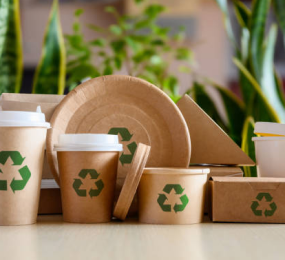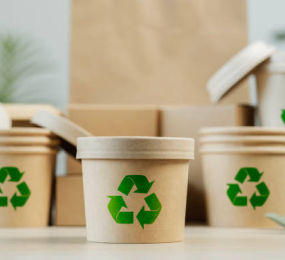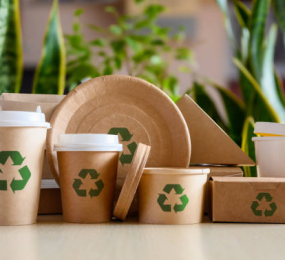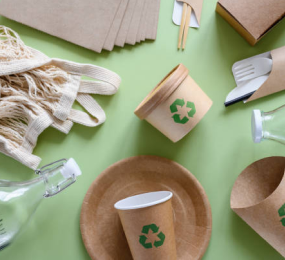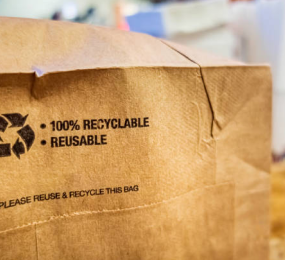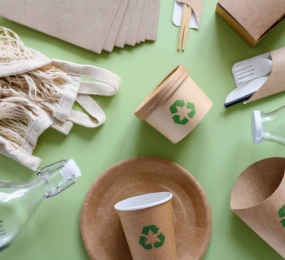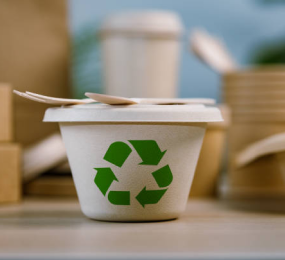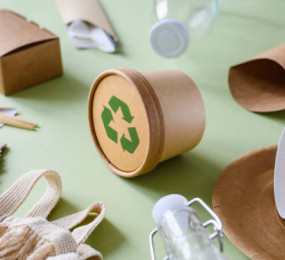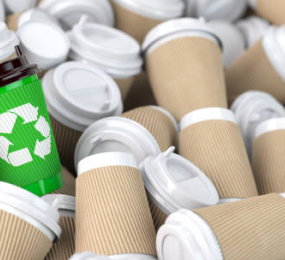Extended Producer Responsibility (EPR) and Sustainable Packaging
Extended Producer Responsibility (EPR) is a policy strategy that holds producers responsible for the entire lifecycle of their products, including post-consumer waste management.1 This approach encourages producers to design products and packaging with sustainability in mind, minimizing their environmental impact.2 By shifting the responsibility for waste management from consumers to producers, EPR incentivizes the development of more sustainable packaging solutions.3
One of the key impacts of EPR on sustainable packaging is the promotion of eco-design.4 Producers are encouraged to design products and packaging that are easy to recycle, reuse, or compost.5 This can involve using recycled materials, reducing packaging weight, and designing packaging that is easy to disassemble.6 Additionally, EPR can stimulate the development of innovative packaging materials, such as biodegradable plastics and compostable films.
By implementing EPR, governments can reduce waste, conserve resources, and protect the environment.7 However, the effectiveness of EPR depends on several factors, including the strength of enforcement mechanisms, the level of producer cooperation, and the availability of adequate recycling and waste management infrastructure.
In conclusion, EPR is a powerful tool to drive sustainable packaging practices.8 By holding producers accountable for the entire lifecycle of their products, EPR can contribute to a more circular economy and a healthier planet.9
Visit our website to know more: https://www.leadventgrp.com/events/sustainable-packaging-and-recycling-innovation-summit/details
For more information and group participation, contact us: [email protected]
Leadvent Group - Industry Leading Events for Business Leaders!
www.leadventgrp.com| [email protected]


